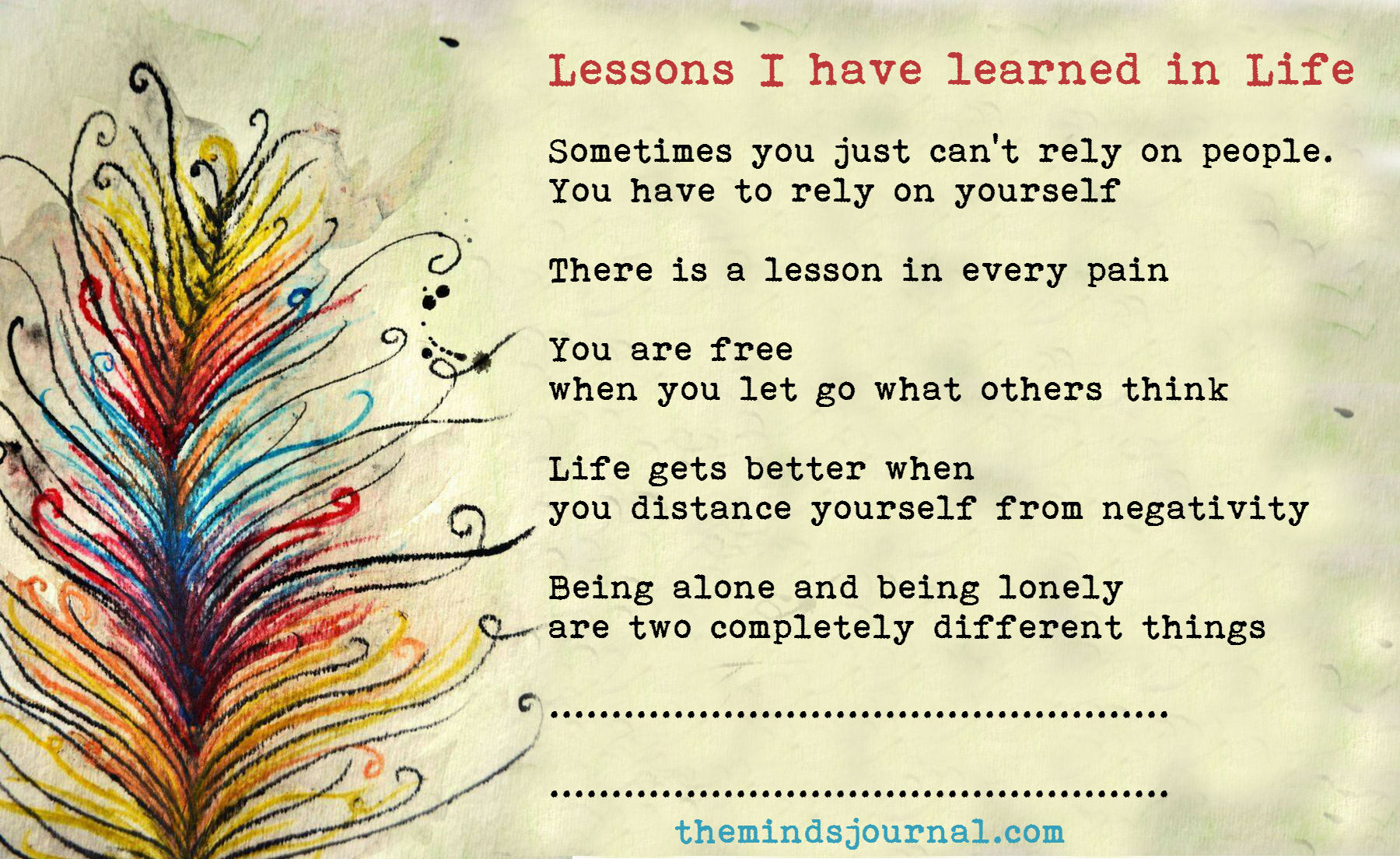Fear of missing out or more commonly known as FOMO is a pervasive apprehension that others might be having rewarding experiences from which one is absent.
Having constant access to our cellphones and the internet can be really helpful. We can check the weather, read the news, or learn about events, wherever we are.
But, because we now know of so many things that are going on in other places—online and in real life—we can start to believe we are missing out on fun or important experiences. This feeling is referred to as fear of missing out, or FoMO, for short.
FoMO can lead us to get addicted to our phones or hooked on social media because we don’t want to miss anything. Sure, these technology tools can be great for finding out about fun events, but if you have a potentially fun event right in front of you, FoMO can keep you focused on what’s happening elsewhere, instead of being fully present in the experience right in front of you.
Read How To Recover From Burnout When You Feel Unmotivated
As a result, you don’t get the full benefit of your experiences and can even end up hurting your relationships.
How to deal with the Fear of Missing Out (FOMO)
Phones used to be for making and receiving calls. But now they are being designed to hook you. You might get addicted to your phone—the entertainment and the pang of positive emotions when someone clicks “Like” on your post. Just as an addict would get great pleasure from consuming their drug of choice, we too get great pleasure from using our technologies. But both are just a distraction from real life, and both have the real potential to take us out of the present moment.
If you discover that you, like most of us, are using technology not as a tool to achieve some task, but as a way to cope with or distract yourself from some other experience, be prepared for a challenge up ahead.
When we become reliant on (or addicted to) something that changes our emotions, removing that something means that we’ll have to face those emotions, possibly for the first time in a while. This is very likely to result in cravings—I’ll just check my social media for a minute, what’s the harm? We might think.
If you think you might have trouble with technology cravings, you can try these deterrents: Set your lock screen on your phone with an image that reminds you not to go further. If you find that you skip through your lock screen, ignoring your reminder, as I did, you may need an extra layer of defense.
If this sounds like you, then put something on the outside of your phone to slow you down. You could attach a sticker to your phone or place a rubber band around it, a physical barrier that slows you down and reminds you not to proceed.
Similar approaches could be used with computers or video game consoles. The goal here is to create a mental or physical barrier that slows you down and makes you pause for a second to think—Hey, do I really want to do this? With your improved awareness of the relationship you have to technology, you’ll likely have more success moving forward and overcoming FoMO.
Take Text Time Outs
Texting with our friends can be good for our relationships and feelings of social connection. But if we are doing it all the time, it still pulls us away from being in the present moment. Is this happening to you?
A few years ago, a friend pointed out to me that many people, especially young people, sit with their phones between themselves and whatever is in front of them—their computers, their entertainment, or another person who is speaking to them. In this position, you’ll never miss anything that pops up on your phone, but your phone always has some of your attention, taking you out of the present moment.
Messages, perhaps more than social media, feel like they need to be answered immediately, but you know what? They don’t. By taking text time-outs, you can start to actually pay attention to what’s happening right in front of you.
Here’s what you do:
First, many phones have settings you can turn on to silence messages in a variety of ways. For example, you can turn messages off at night while you’re sleeping (which I highly recommend), you can make it so texts only alert you a single time (which cuts the number of times you are interrupted by half if you currently have texts alert your twice per message), and you can silence all messages while you engaging in important experiences that shouldn’t be interrupted—like challenging work tasks, social events, or sleep.
Then move the phone away from you from some period of time.
Read Our Brains on Smartphones, (Un)social media, and Our Mental Health
Take Social Media Breaks
In our modern world, most of us need to use technology. How could we even function without our phones, computers? We might ask. Indeed, we might need technology for work, coordinating, and other practical uses, but the majority of us actually don’t need social media. We could get by with a lot less time spent on social media, and our well-being is likely to improve as a result.
This is good news because it turns out that the more we use social media, the more likely it is that we will experience FoMO.
Want to know more about FOMO? Check this video out below!
It may seem hard at first to take a social media break—maybe social media is the first thing we turn to on our phone or computer, but believe me, taking a break from social media is worth it.
When I first start to get an inkling that social media was hurting my happiness, I quit outright and deleted my profile. I spent three blissful years on my first social media break. Now, I am committed to developing a more positive relationship with social media. I take shorter breaks, often only a week-long, just to remind myself that the less I am on social media, the better I feel.
If you feel you can, try to take a full week off for your first social media break. And just keep at it. The less attached to your phone and social media you are, the less FoMO you are likely to experience.
References:
1. Baker, Z. G., Krieger, H., & LeRoy, A. S. (2016). Fear of missing out: Relationships with depression, mindfulness, and physical symptoms. Translational Issues in Psychological Science, 2(3), 275. 2. Tromholt, M. (2016). The Facebook experiment: Quitting Facebook leads to higher levels of well-being. Cyberpsychology, behavior, and social networking, 19(11), 661-666. 3. Przybylski, A. K., Murayama, K., DeHaan, C. R., & Gladwell, V. (2013). Motivational, emotional, and behavioral correlates of fear of missing out. Computers in Human Behavior, 29(4), 1841-1848.
Written by Tchiki Davis, Ph.D. Originally appeared in Psychology Today
Frequently Asked Questions
How do you deal with FOMO and jealousy?
Accept that something great will always be happening somewhere and that you might not be included. Plan out ways to enjoy your free time and take time out from social media.
How do you get rid of FOMO in a relationship?
Accept your partner as they are and give them space. Talk about boundaries. Determine your goals and live in the moment. You might need to slow down, go on a social media detox, and/or see a therapist.
How to help a friend with FOMO?
Talk to your friend about boundaries and help them find out hobbies or activities that they would enjoy doing. Listen to them without judgment and reassure them often.
How can I help my family with FOMO?
Plan activities and outings with your family and try to get them to spend less time online. Encourage them to do things on their own, like going to the farmer’s market, library, fishing, etc.











Leave a Reply